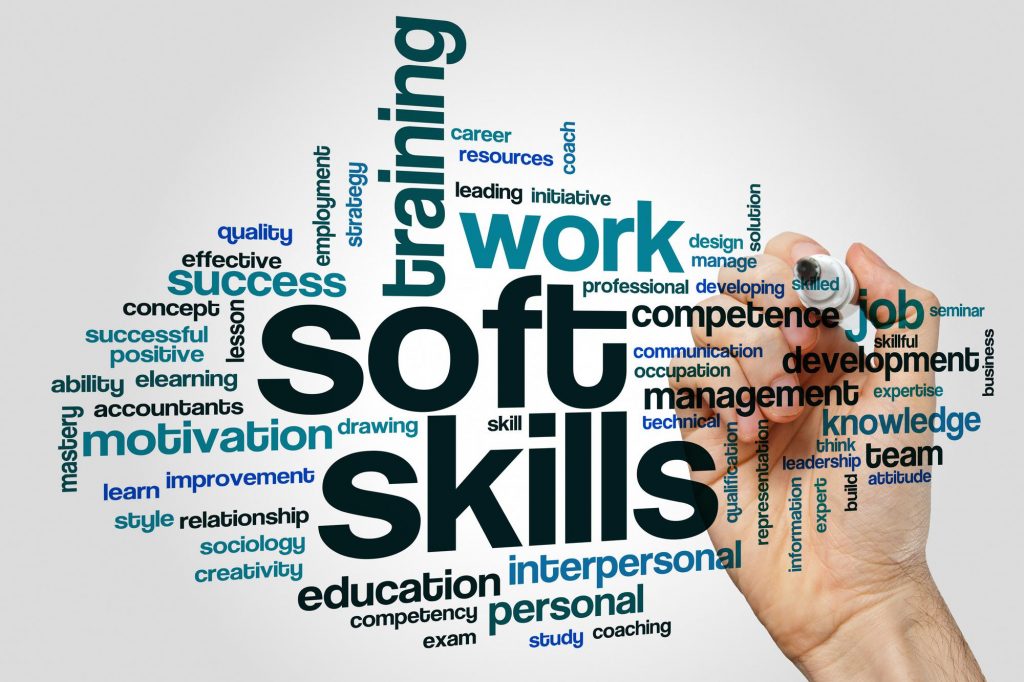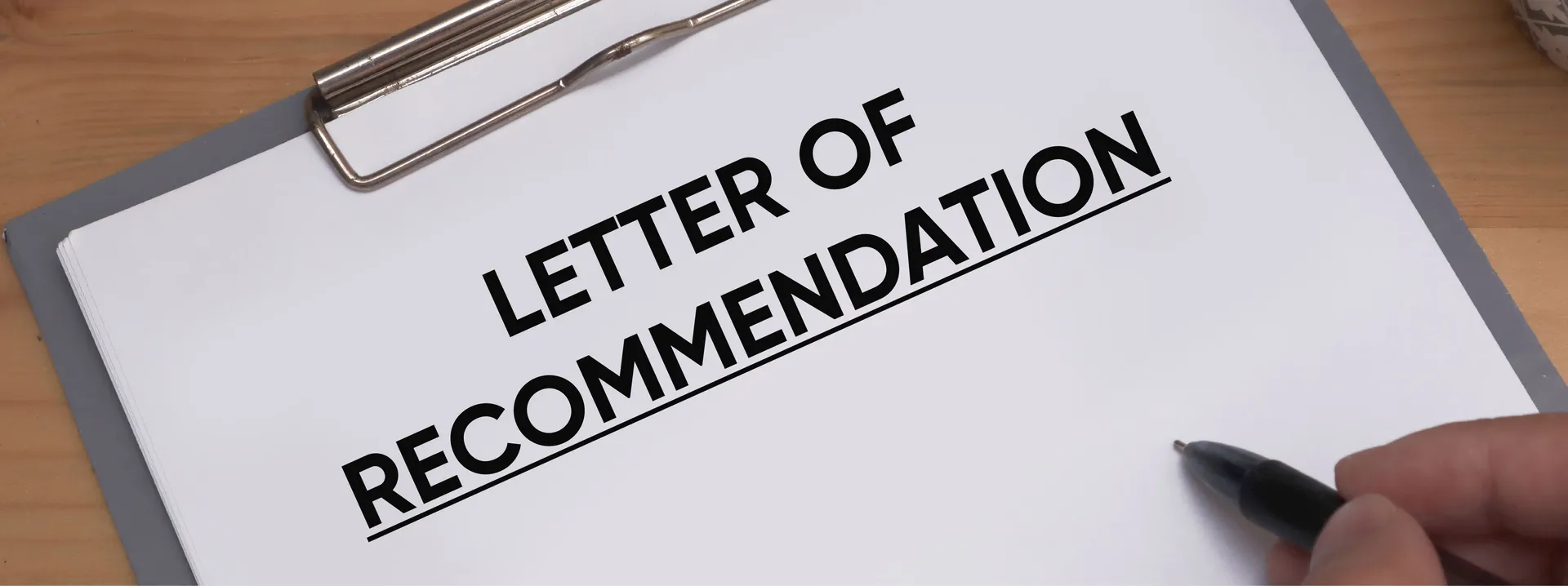English Remains the Most Popular Language


Are you sick of having trouble with the language in your board exams? Do you ever find yourself struggling to understand difficult grammar questions or stare blankly at comprehension passages? You’re not by yourself. Many students struggle to learn language papers, but the good news is that you may confidently ace these tests if you prepare and use the appropriate tactics!
Imagine being calm, prepared, and eager to demonstrate your abilities when you take your next language test. Imagine being able to handle writing assignments, literature queries, and reading comprehension with ease. You may make this vision a reality by mastering the paper structure, improving your language abilities, and putting into practice efficient exam techniques. We’ll walk you through the key components of studying language papers for board exams in this blog article.
Understanding the Language Paper Structure
Familiarizing with Question Types
You’ll usually find a range of question styles in board exam language papers. These could be essay-style questions, short response questions, or multiple-choice questions. It’s critical to identify each category as soon as possible during the test because each one calls for a distinct strategy.
Time Management Strategies
The secret to doing well on language papers is time management. Organize your time according to the grades given to each part. Generally speaking, you should allot roughly one minute for each mark. For example, give a 15-mark question in 15 minutes. Always allow time for revision at the end.
Marking Scheme Breakdown
To maximize your score, you must comprehend the grading scheme. Writing parts are given the most weight in most language papers, with reading comprehension coming in second. Although they typically receive fewer points, grammar and vocabulary are essential for getting a good grade.
Elevating Reading Comprehension Skills
Active Reading Techniques
Learning active reading strategies is essential to performing well on language papers on board exams. By underlining important ideas, taking notes in the margins, and posing questions as they read, you can encourage kids to interact with the text. This method enhances comprehension of the subject matter and helps one stay focused.
Identifying Key Information
Students should be taught to recognize the author’s aim, supporting facts, and major concepts with ease. Stress how crucial it is to identify paragraph topic phrases and concluding statements. Accurately and quickly responding to comprehension questions on the test requires this ability.
Practicing Speed Reading
To help kids read more material in less time without compromising understanding, introduce them to speed reading strategies. Encourage them to prevent subvocalization, concentrate on word groups rather than individual words, and use their finger or a pencil as a guide. Frequent practice will progressively improve your reading efficiency and speed.
Answering Comprehension Questions Effectively
Teach pupils to carefully approach comprehension questions. To help children concentrate on essential details, teach them to read the questions before beginning the passage. Stress the value of avoiding assumptions and consulting the text for evidence-based responses. To guarantee that every question is answered in the allocated time, practice time management.
Mastering Writing Sections
Essay Planning and Outlining
Spend a few minutes coming up with a good plan before you start writing your essay. Begin by generating a list of important concepts and arranging them logically. This will act as your road map, guaranteeing that your essay is coherent and covers all the important topics.
Developing Strong Thesis Statements
A strong thesis statement is essential to an essay that receives a high grade. It should include a synopsis of the supporting details you’ll cover and succinctly convey your key point. Make sure your thesis is pertinent to the topic at hand, specific, and disputed.
Enhancing Vocabulary and Expression
Use a wide variety of words and expressions to improve your writing. Make use of clear language that successfully communicates your ideas. Don’t use too complicated terminology, though, as it could make your point less clear. Your writing should be sophisticated and clear.
Crafting Compelling Introductions and Conclusions
In addition to drawing the reader in, your introduction should set the scene for your essay. Start with a captivating introduction, then move fluidly into your thesis statement. Make sure to leave a lasting impact on the reader by summarizing your important arguments in your conclusion.
Proofreading and Editing Techniques
Set aside time to check your article thoroughly after finishing it. Make sure your writing is clear and free of spelling and grammar issues. To maintain a smooth flow and identify any problematic terminology, read your essay out loud. Keep in mind that a well-written essay might raise your grade considerably.
You will be ready for the writing portions of your language paper once you have mastered these writing strategies.
Excelling in Grammar and Language Usage
Common Grammatical Pitfalls to Avoid
Understanding frequent grammatical faults that might cost you significant marks is essential when studying for your board test. Keep an eye out for correct pronoun usage, subject-verb agreement, and tenses. Sentence fragments and run-on phrases should be avoided since they can lower your score.
Strengthening Sentence Structure
Concentrate on creating coherent sentences if you want to do well on the language paper. To write in a more interesting and elegant manner, experiment with different sentence structures and lengths. To promote logical flow and seamless idea connections across your comments, use transitional language.
Effective Use of Literary Devices
Using literary elements in your work can improve it and show that you have a deeper command of language. Learn about personification, alliteration, similes, and metaphors. Practice employing these strategies in your writing, but keep in mind that they should only be used sparingly and sensibly to improve your writing.
Enhancing Punctuation Skills
For your writing to be clear and precise, you must use proper punctuation. Learn how to properly utilize colons, semicolons, and commas to express your ideas. Students frequently lose points for using apostrophes in contractions and possessives, so pay close attention to these.
You’ll be ready to take on the language paper of your board exam if you concentrate on these important grammatical and usage topics.
Tackling Literature-based Questions
Analyzing Literary Texts Efficiently
When presented with a literary passage, begin by rapidly scanning the text to understand its general organization and key points. Since they frequently include important information, pay close attention to the opening and closing paragraphs. Underline or highlight significant words, literary devices, and recurrent themes as you read more carefully.
Interpreting Themes and Motifs
Look for reoccurring concepts, symbols, or imagery in the text to help you understand themes and motifs. Think about how these components support the piece’s main idea or goal. Keep in mind that motifs are recurrent components that complement themes, whereas themes are frequently general topics that the author examines.
Crafting Insightful Character Analyses
Pay attention to a character’s behavior, speech, and interactions with other characters when examining them. Throughout the text, look for character development and take note of the author’s portrayal of the characters’ struggles and motivations. To bolster your analysis, provide particular instances from the text.
Responding to Poetry Questions
In board exams, poetry problems might be very difficult. To start, read the poem several times to get a sense of its general tone, rhyme scheme, and structure. Determine whether literary devices—such as personification, similes, and metaphors—contribute to the poem’s meaning. Take note of the speaker’s tone and the feelings the poem expresses.
Implementing Effective Exam Strategies
Managing Exam Anxiety
Exam anxiety can have a big effect on how well you do on language papers. Use skills for positive visualization and deep breathing to counteract this. Concentrate on the task at hand and remind yourself of your preparation. To reduce anxiety at the last minute, it’s also beneficial to get to the testing location early.
Prioritizing Questions Based on Difficulty
Sort the questions in your mind into easy, moderate, and tough categories as soon as you obtain your language paper. Start with the simple questions to gain momentum and confidence. This method makes sure you get good scores on questions you can easily answer before moving on to more challenging ones.
Leveraging Past Papers for Practice
When preparing for a board exam, past papers are a great resource. They acquaint you with the structure of the test, the kinds of questions, and the scoring systems. You can greatly increase your speed and accuracy by routinely completing these papers under timed settings. To anticipate possible exam topics, keep an eye out for reoccurring themes and question patterns.
Developing a Personalized Revision Plan
Make a revising plan based on your learning preferences and strong points. While continuing to practice all sections on a regular basis, devote additional time to the most difficult ones. Utilize mind maps, flashcards, and mnemonic devices to help you remember important ideas. To stay focused and avoid burnout, don’t forget to incorporate brief breaks.
You’ll approach your language paper with confidence and perform at your best if you put these tactics into practice.
It takes a comprehensive approach that incorporates a variety of abilities and tactics to master language papers in board exams. Students can greatly enhance their performance by mastering the paper structure, developing their reading comprehension skills, and improving their writing methods. Their chances of success are further increased by concentrating on language usage, grammar, and literature-based inquiries. Putting into practice efficient exam techniques, such time management and meticulous proofreading, completes a successful recipe for handling language papers. If after your boards with the right career, subject, university selection, Aara Consultancy can guide you and help you with Career Counseling.
Remember that regular practice and a well-rounded approach to language acquisition are essential as you get ready for your impending board exams. Seize the chance to improve your language abilities since they will benefit you far beyond the test room. You may tackle your language paper with confidence and get the results you want if you put in the necessary effort and use the appropriate techniques. I wish you luck!
We provide 360° Solution for your Education Needs. Contact us







